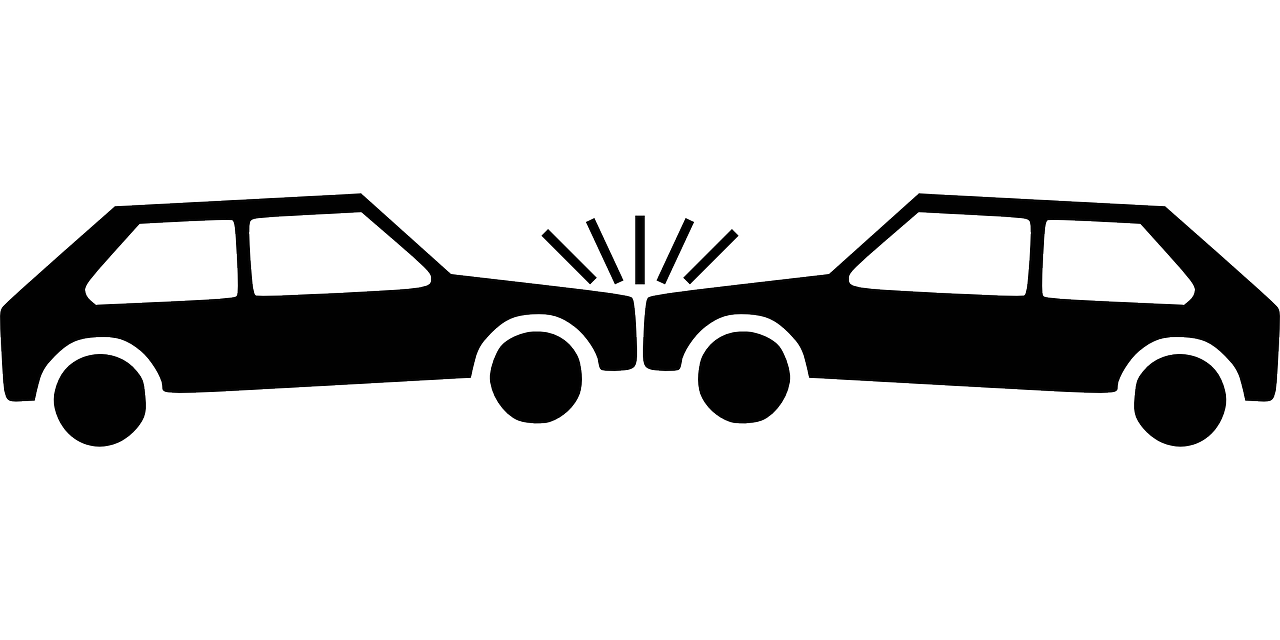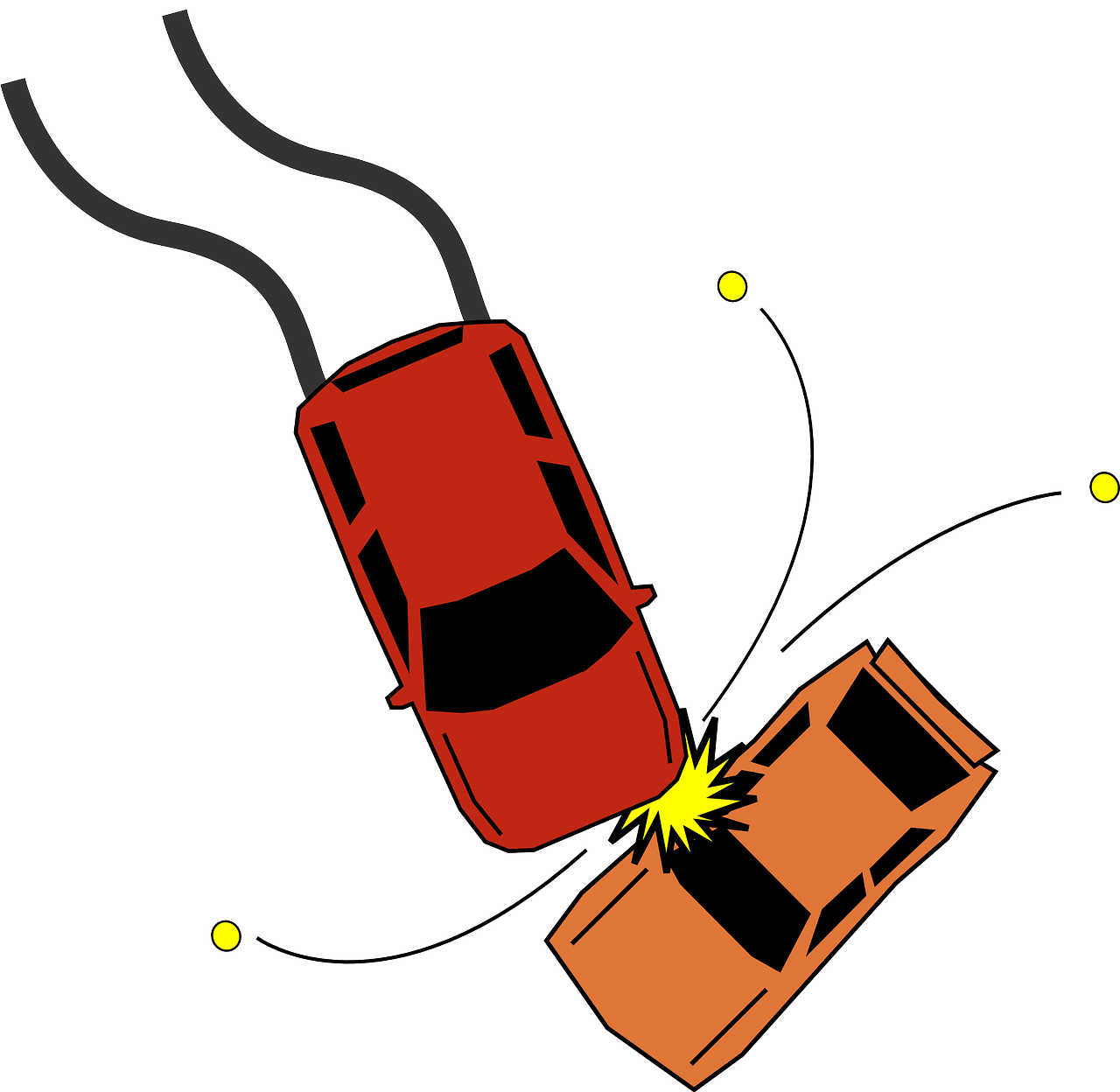Imagine you’re driving along, minding your own business when suddenly, bam! You’re involved in a car accident. It can be a stressful and overwhelming experience, but fear not! In this article, we will guide you through the process of dealing with a car accident without the need for a lawyer. From gathering evidence to handling insurance claims, we’ll equip you with the knowledge and confidence to navigate through this unfortunate event. So, take a deep breath, relax, and let’s get started on this journey towards resolving your car accident woes.
How to Deal with a Car Accident Without a Lawyer

Gathering Information and Documenting the Accident
Car accidents can be overwhelming, but it’s important to stay calm and take immediate action. The first priority is to ensure everyone’s safety. Check yourself and others involved in the accident for any injuries. If there are serious injuries, call for medical assistance immediately.
Next, it’s crucial to contact the police. Even if the accident seems minor, having an official police report can be valuable when filing an insurance claim or seeking legal recourse. Cooperate with the police officers and provide accurate information about the accident.
Exchange information with the other parties involved in the accident. Gather their names, contact details, driver’s license numbers, and insurance information. This will help you when filing an insurance claim later on.
In addition to exchanging information, document the accident scene. Take photos of the damage to all vehicles involved, the position of the vehicles, and any relevant road conditions or skid marks. These photos can serve as evidence if there are disputes about liability or damages later on.
Seeking Medical Attention
After a car accident, it’s crucial to check for injuries. Assess yourself and others involved for any visible signs of injury or pain. Keep in mind that some injuries, such as whiplash or internal injuries, may not be immediately apparent.
If there are any injuries, call for medical assistance right away. This can include calling an ambulance or taking injured individuals to the nearest emergency room. Prompt medical attention can prevent complications and ensure a speedy recovery.
Following the initial medical treatment, it’s important to follow up with medical professionals. Attend any recommended appointments, tests, or therapies to ensure proper healing and to document the extent of your injuries.
Keep records of all medical treatment and expenses related to the accident. This includes medical bills, prescription receipts, and any other relevant documentation. These records will be important when seeking compensation for medical expenses as part of your insurance claim.
Contacting Insurance Companies
Notify your insurance company about the accident as soon as possible. Most insurance policies require notification within a certain time frame, so it’s important to act promptly. Provide accurate information about the accident and the parties involved to the best of your knowledge.
It’s also important to fully understand your insurance coverage. Review your policy to determine what is covered, including medical expenses, property damage, and liability. Knowing your coverage can help you navigate the claim process more effectively.
When handling conversations with the other party’s insurance company, it’s important to be cautious. Remember that the other party’s insurance company is looking out for their own interests, not yours. Share factual information about the accident, but avoid making speculative statements or admitting fault without consulting legal counsel.
Understanding State Laws and Regulations
Each state has its own car accident laws and regulations that you need to be aware of. Research the specific laws in your state to understand how they may affect your case. This includes understanding the statute of limitations, which is the time limit for filing a legal claim after an accident.
Understanding liability and fault is also crucial. Some states follow a “fault” system, where the party at fault for the accident is responsible for covering the damages. Other states have a “no-fault” system, where each party’s insurance pays for their own damages, regardless of fault. Knowing the rules in your state will help you navigate the insurance claim process correctly.
Calculating Damages and Losses
In order to seek appropriate compensation, it’s important to calculate all the damages and losses resulting from the car accident. Keep track of all repair costs for your vehicle, including parts, labor, and any necessary rentals or alternative transportation.
Document the property damage by taking photos of the damage to all vehicles involved. This visual evidence will be helpful when making a claim for damages.
Determine your medical expenses by compiling all records of medical treatment, prescriptions, and therapy sessions. Include any future medical expenses that may be necessary for your recovery.
Consider any lost wages or future income that you may have suffered due to the accident. If you were unable to work or had to take time off, calculate the amount of income you lost. Additionally, if the accident has left you with a long-term disability that impacts your ability to earn a living, consult with a financial professional to determine the potential loss of future earnings.
Negotiating with Insurance Adjusters
Before speaking with insurance adjusters, it’s important to be prepared. Gather all the necessary documents, including the police report, medical records, repair estimates, and any other evidence that supports your claim.
Know your rights and options when negotiating with insurance adjusters. Understand what you are entitled to under your policy and be aware of any legal rights you have as an accident victim.
Present your evidence and supporting documents clearly and concisely. Explain the extent of your injuries, damages, and financial losses with factual information. Provide the adjuster with all the necessary information to support your claim.
Handle settlement offers with caution. Consult with a professional, such as an attorney or a trusted advisor, to ensure you are receiving a fair settlement. They can assess the offer and provide guidance based on their expertise.

Settling the Claim
When evaluating settlement offers, consider all aspects of the settlement. Assess the amount being offered against your total damages, including medical expenses, property damage, and lost wages. It’s important to be realistic about the compensation you deserve.
Consult with a professional for advice before accepting any settlement offer. They can provide valuable insights based on their experience and help you make an informed decision.
If you agree to a settlement, review and sign a release of claims. Ensure that you understand the terms of the release and that you are comfortable with the agreement before signing any paperwork.
Make sure all necessary paperwork is completed and submitted in a timely manner. This includes any releases, settlement agreements, or other documents required by your insurance company.
Handling Disputes and Legal Proceedings
If a dispute arises during the claims process and negotiations stall, consider alternative forms of resolution such as mediation or arbitration. These methods can help parties reach a mutually acceptable agreement without going to court.
However, if necessary, filing a lawsuit may be the next step. Consult with an attorney to understand the legal process and requirements in your specific situation. They can guide you through the litigation process and represent your interests in court, if needed.
If the situation escalates and legal representation becomes necessary, seek a qualified attorney who specializes in car accident cases. They will have the knowledge and experience to navigate the complexities of the legal system and fight for the compensation you deserve.

Know When to Hire a Lawyer
Assess the complexity of your case to determine if hiring a lawyer is necessary. If the accident was minor, involved minimal damages, and there are no significant injuries, you may be able to handle the claim without legal representation.
Consider the severity of injuries when deciding whether to hire an attorney. If the injuries are serious, long-term, or require extensive medical treatment, it may be in your best interest to have a lawyer on your side to ensure you receive full and fair compensation.
Evaluate the insurance company’s response to your claim. If they are denying your claim, offering a low settlement, or engaging in unfair practices, it may be necessary to hire an attorney to protect your rights.
Recognize the benefits of legal representation. An experienced car accident attorney can navigate the complex legal system, negotiate with insurance companies on your behalf, gather evidence, and build a strong case to maximize your chances of receiving fair compensation.
Frequently Asked Questions
Should I contact my insurance company immediately after a car accident?
Yes, it’s crucial to notify your insurance company as soon as possible after a car accident. Most insurance policies require prompt notification, and failing to do so may result in a denial of your claim.
What information should I exchange with the other parties involved?
You should exchange names, contact details, driver’s license numbers, and insurance information with the other parties involved in the accident.
Do I need to hire an attorney for a minor car accident?
For minor car accidents with no significant injuries or damages, you may not need to hire an attorney. However, it’s important to consult with an attorney if you have any doubts or concerns about the claims process.
Can I negotiate a settlement without involving insurance companies?
Negotiating a settlement without involving insurance companies is possible. However, it’s important to be cautious and seek legal advice to ensure you are receiving a fair settlement.
What if the other party’s insurance company denies my claim?
If the other party’s insurance company denies your claim, it may be necessary to seek legal representation. An attorney can guide you through the process of appealing the denial and pursuing the compensation you deserve.
Dealing with a car accident can be a daunting experience, but by following these steps and seeking the appropriate help when needed, you can navigate the claims process and ensure you receive fair compensation for your losses. Remember to gather all necessary information, document damages, understand your rights, and consider legal representation when necessary. Stay informed and be proactive to protect your interests and move forward after a car accident.